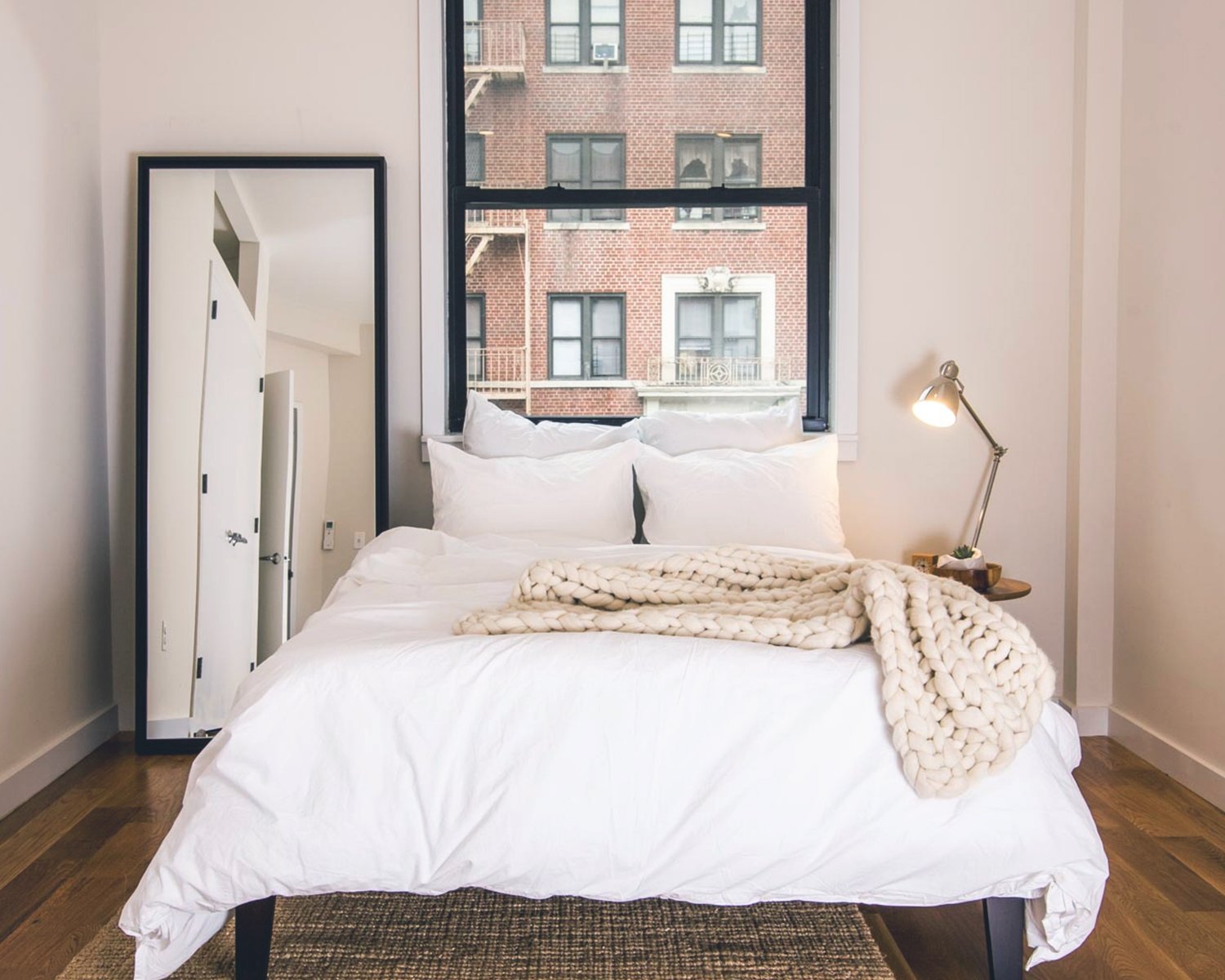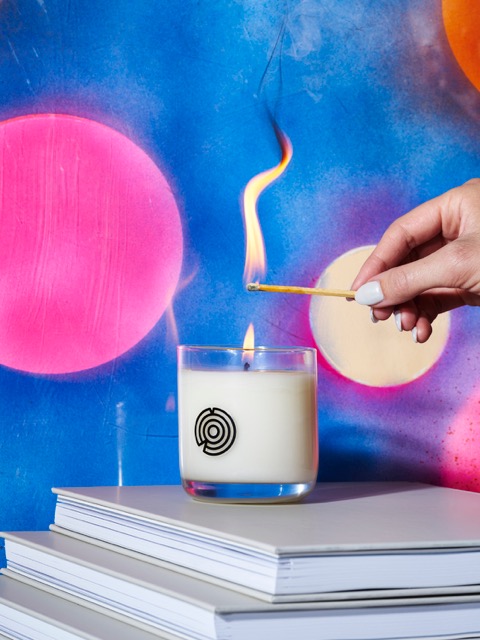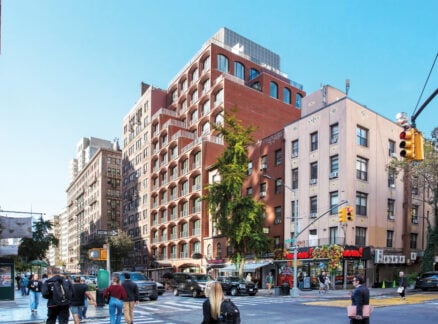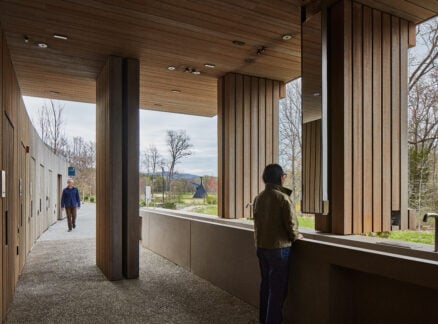
December 20, 2016
Two Design-Minded Start-Ups Betting on Millennials
From coliving to candles, start-up models of efficiency and convenience are beginning to streamline the inner workings of households.

Common’s coliving spaces are affordable yet offer the luxury of amenities like cinema and wellness rooms plus fully furnished quarters.
Courtesy Common
Common
Although cohabitation has been a fact of life in New York since the boarding houses of the 19th century, the lodging style still has significant room for improvement. Cue Common, the full-service property manager that takes the guesswork and drama out of finding roommates. Launched in 2015 by General Assembly cofounder Brad Hargreaves, Common fills its various 12- to 51-room properties with roommates screened for financial viability, minimally furnishes each room with high-quality Casper mattresses and Parachute linens, does the cleaning, stocks the toilet paper, and uses the Slack app as an open line of communication between itself and its residents. In short, each house operates like a well-oiled start-up with an emphasis on community. “Loneliness is as difficult as it is ironic in busy cities,” says Hargreaves; that condition is cured here by regularly scheduled potlucks and movie nights.
In contrast to Campus, a midtown Manhattan coliving operation that folded in 2015, Common, backed by venture capital, maintains its margins by renting properties purchased by real estate developers and investors in gentrified or rapidly gentrifying neighborhoods—the first Common house launched in Brooklyn’s Crown Heights area in October 2015, followed by properties in Williamsburg, San Francisco’s SoMa, and a forthcoming location slated to open in Washington, D.C.’s Shaw this winter. In response to critics, the company insists it’s not pushing anyone out, since it acquired its properties because they were abandoned. “If you talk to our neighbors, they’ll tell you that we’re bringing money back into the neighborhood,” Bryan Bumgardner, a “house leader,” or designated event-planning resident, of the Common property in Crown Heights, told Built in NYC this year.

Keap’s candle delivery business is one of the many subscription-based programs available for everyday goods. Millennials are especially attracted to this style of service because of the ease of use.
Courtesy Keap
Keap
Former Brooklyn roommates and ex–Google employees Harry Doull and Stephen Tracy saw consumers faced with two options as far as scented candles go: “There are the ones that are cheap, toxic, and fake smelling,” says Doull, “or rip-offs sold in pretentious stores.” This April, after a few perfumery courses, tours of candle manufacturers, a bit of research, and a successful Kickstarter, the pair began shipping candles through their company, which they named Keap after the street on which they lived.
For millennials, their new business model checks all the boxes: Their products are affordable ($28 to $35 a candle), sustainable (made of ingredients like coconut wax in reusable glass), artisanal (hand-poured in a Brooklyn studio), and philanthropic ($1 from each candle sold supports solar power in Africa). Above all, there is convenience; simply subscribe online to have a new candle mailed to you monthly. But why choose candles as their battleground? “We were deeply passionate about how scented candles turned small urban spaces into homes,” says Doull, who, raised in his parents’ cozy bed-and-breakfast in France, knows a bit about ambience. “It’s the most cost-effective way to decorate a room.”





